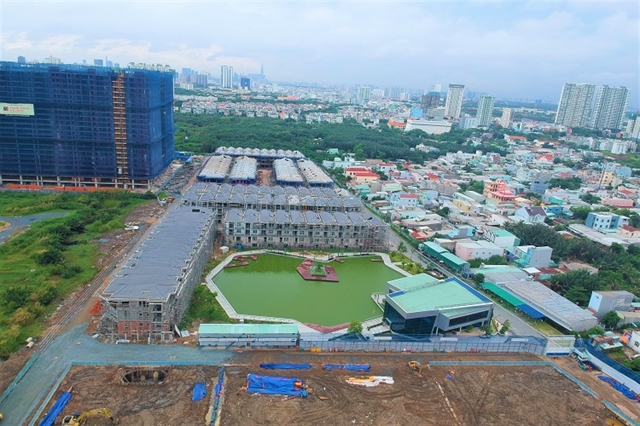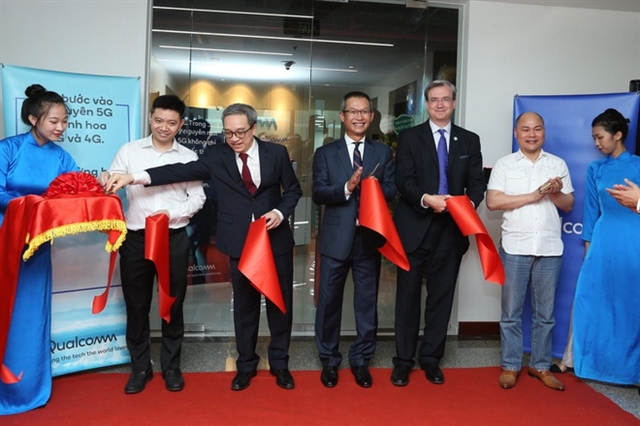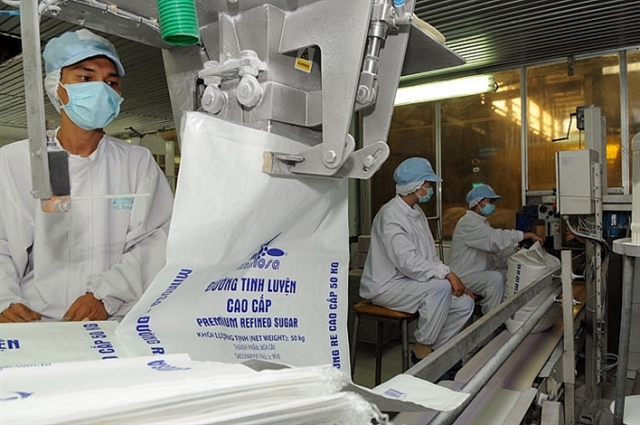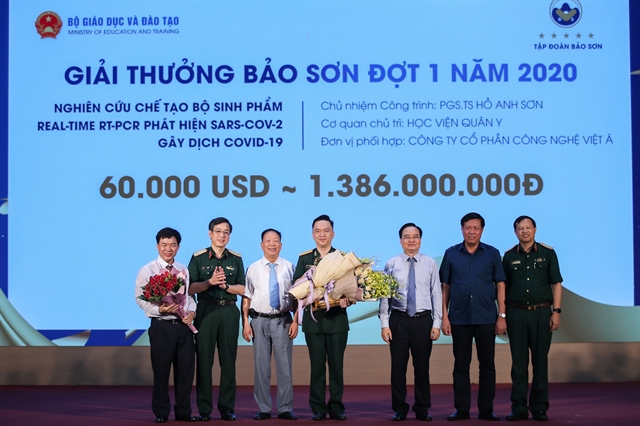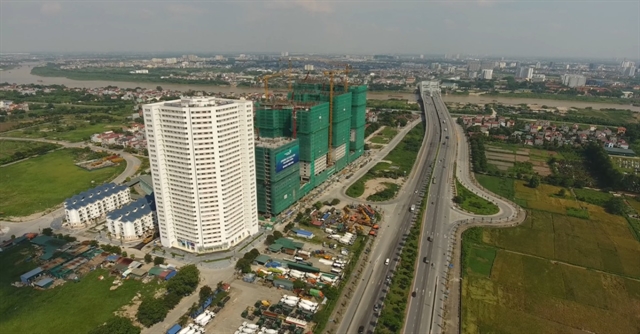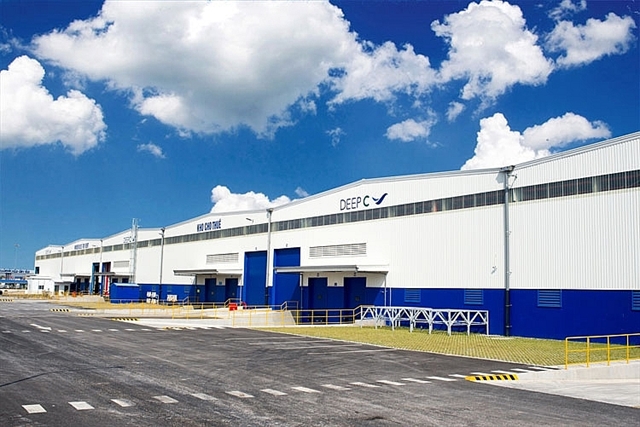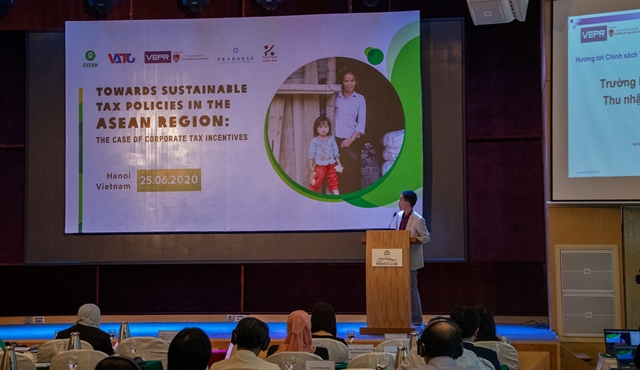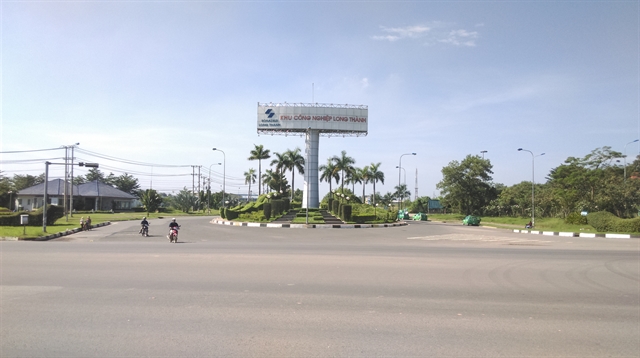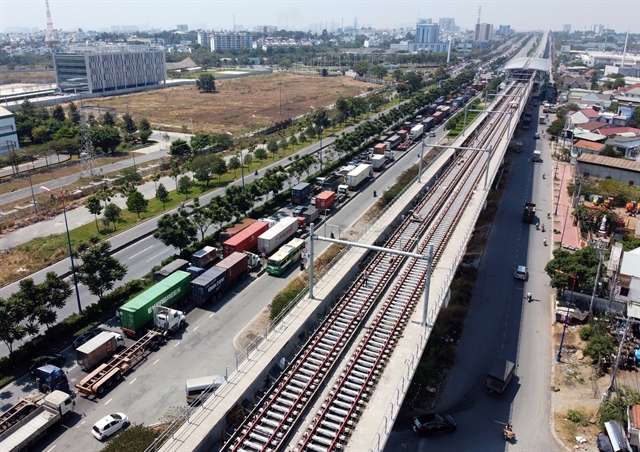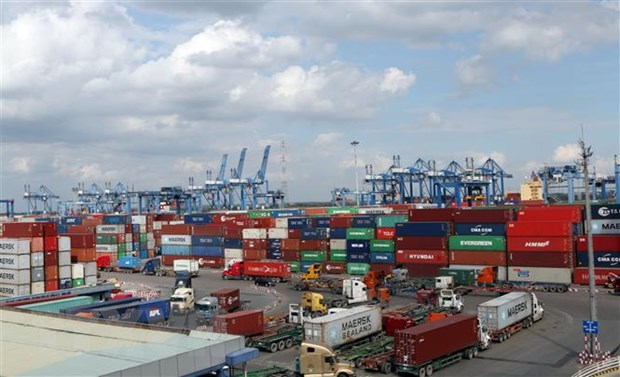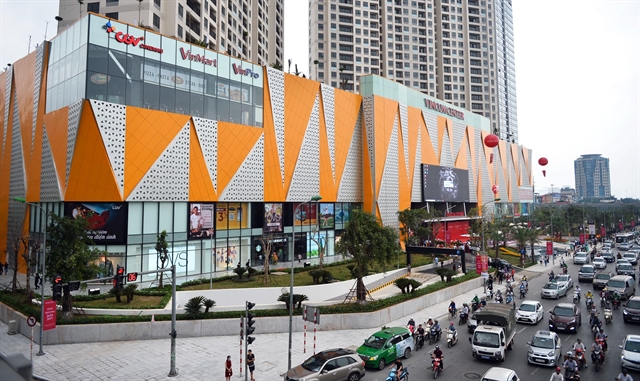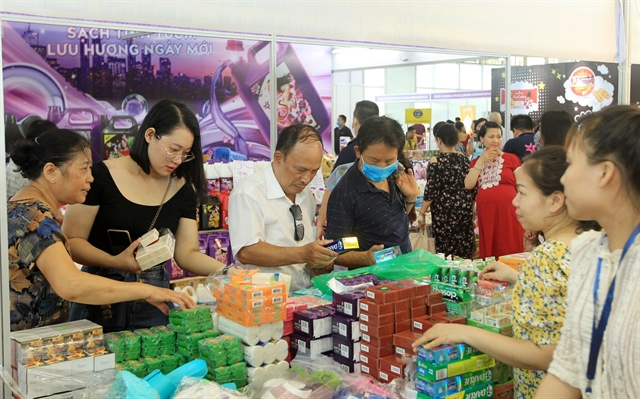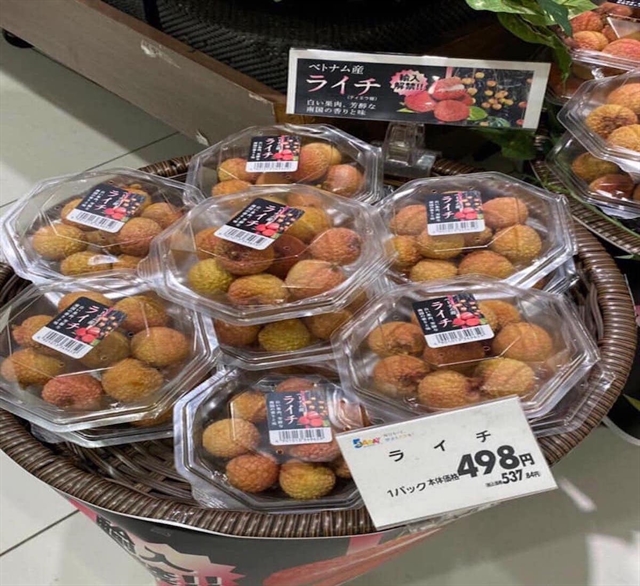
HÀ NỘI — Foreign countries tightening import regulations would affect Việt Nam's exports of farming products, especially fruits, forcing the local agricultural industry to reorganise production, according to experts.
China is boosting food safety inspection, quarantine and traceability for imported goods, especially on fresh, chilled and processed agricultural products, meat and seafood for prevention of the COVID-19 pandemic, according to the Ministry of Agriculture and Rural Development.
Meanwhile, South Korea’s Ministry of Food and Drug Safety has a list of requirements for enterprises exporting food.
This is a temporary control solution for this year due to the impacts of the COVID-19 pandemic.
If Vietnamese enterprises do not meet those requirements, they will struggle to export local farming and food products to those markets, especially fresh fruits, according to experts.
Nguyễn Mạnh Hùng, chairman of the Board of Directors of Nafoods Joint Stock Company, a firm that exports processed fruits to 60 markets, said Việt Nam’s enterprises must have a strategy to overcome trade barriers.
Hùng said Việt Nam wanted to become an agricultural product supplier on the world market and to reach the target, the agricultural sector must build a value chain system to link all stages together, especially the processing stage. The sector also must digitise material regions for efficient traceability.
In addition, Hùng said the sector should change farmers’ mindset in terms of production. Meanwhile, large enterprises needed to help farmers and co-operatives standardise agricultural production processes.
Nguyễn Đình Tùng, chairman and CEO of Vina T&T Group, said his company and others were promoting the development of material regions to produce clean farming products, aiming to improve export value and increase their domestic market shares.
Agricultural expert Đặng Kim Sơn said there was a high demand for agricultural products at home and abroad. Therefore, during the pandemic, enterprises needed to find solutions to maintain production and to promote links with farmers. This would help them overcome the difficult period at present and be able to restore trading of farm produce once the pandemic ends in the world.
He recommended enterprises focus on building links among processing plants and raw material regions to ensure quality by using high technology in production and processing.
The Ministry of Agriculture and Rural Development aims to improve the quality of market forecast to help localities and businesses devise suitable production and business plans.
As one of the major fruit exporters, Nguyễn Thị Thu Hồng, director of the Chánh Thu Import Export Co, Ltd in Bến Tre Province, said Chánh Thu exported a small volume of dragon fruits to Australia per year because it was a demanding market.
Businesses that export fruits to this market must purchase fruits from GlobalGAP-certified farms to ensure they are free of pesticide residue according to Australian regulations, according to Hồng.
Therefore, Việt Nam’s fruit production industry needs to expand the material region supplying fruits meeting international standards for quality and food safety. The industry must also implement requirements of plant quarantine and traceability. The best way is to build a production chain from production to consumption.
Lê Sơn Hà, head of Plant Quarantine Department under the Plant Protection Department, said Vietnamese fruits had been exported to many strict markets such as the US, South Korea, Australia, Canada and Japan, accounting for more than 30 per cent of national fruit exports.
However, local fruit faced competition from other countries. For instance, Cambodia had promoted exports of mango to South Korea while China had expanded dragon fruit production.
That had forced the Vietnamese fruit industry to work towards large-scale production and ensuring food hygiene and safety requirements on global markets, Hà said. — VNS
